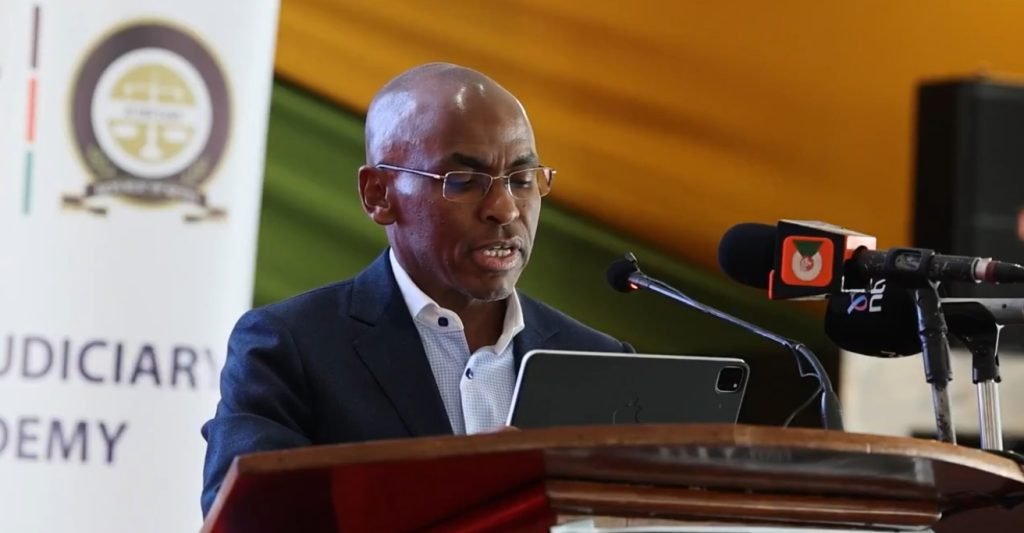
For years, Kenyans have debated whether Safaricom should be declared a dominant mobile network operator. Safaricom itself often argues that such calls amount to “punishing success.”
Nothing could be further from the truth. The latest Communications Authority statistics tell the story.
Safaricom controls about 63% of all voice minutes and an astonishing 88% of SMS traffic. In mobile subscriptions and data, it still towers above its competitors. No other operator—Airtel, Telkom, or Equitel—comes close.
Kenya’s laws are clear. Under the Fair Competition Regulations of 2010, once a player can act independently of rivals and customers, the CA must declare it dominant and impose safeguards.
Under the Competition Act, dominance itself is not illegal—abuse of that dominance is.
Courts in Kenya and across the Commonwealth, from United Brands in Europe to the Telkom cases in South Africa, confirm that dominance simply means a company has a special responsibility to keep the market fair.
Why does this matter? Because unchecked dominance can hurt consumer welfare.
Imagine being locked into one network because on-net calls are much cheaper, or being denied fair digital access because smaller competitors cannot match the giant’s reach.
This weakens competition, slows innovation, and eventually hurts even Safaricom, which risks complacency.
Declaring Safaricom dominant is not about clipping its wings.
It is about ensuring it continues to innovate without stifling the rest of the sector. It is about fair access, transparent pricing, and consumer choice. Far from punishment, it is insurance—for consumers, for fair play, and for Safaricom’s own long-term credibility.
As the Consumers Federation of Kenya (COFEK), we believe the CA must act. It is time to declare Safaricom dominant—not to punish success, but to protect it from turning into consumer harm.
We cannot wait any longer!



